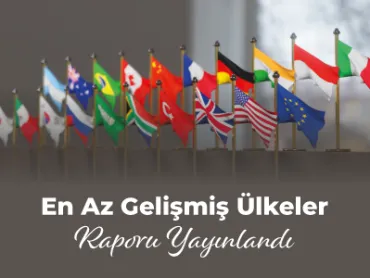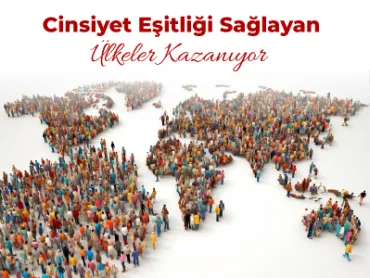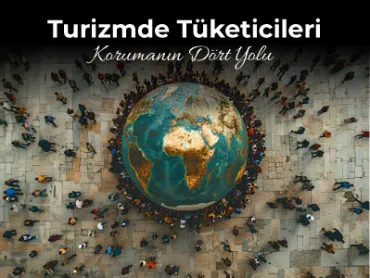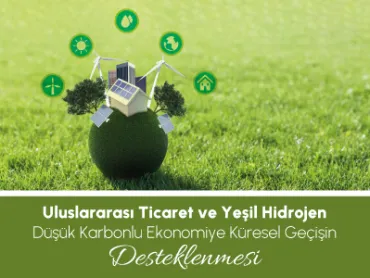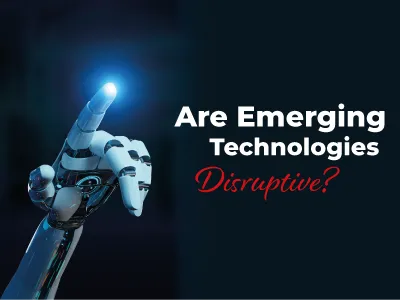
Since the Working Paper was first published in 2019, there has been a significant increase in disruptive technologies, especially Blockchain, the Internet of Things, Artificial Intelligence, and Machine Learning, including in the customs field. There are also wider application opportunities available. Therefore, the World Customs Organization, the World Trade Organization, and other stakeholders are exploring many technologies to broadly identify the key benefits of supporting international trade and economies. Because such technologies are essential for customs administrations to facilitate transactions, create security, and ensure fair revenue collection. In this context, organizations have carried out numerous initiatives in the past three years, including webinars, online conferences, policy documents, and capacity-building activities.
Holistic Use of Technologies for Smart Customs of the Future
Data in 2021 strongly underline customs's critical role in ensuring global trade. Smart Customs needs to intelligently manage incoming and outgoing goods and minimize customs clearance time and costs to make future global supply chains more efficient. Therefore, it is necessary to use disruptive technologies together. Many factors, such as cyber security, data collaboration, and identifiers, need to be considered when implementing innovative solutions.
The Strategy Behind the Technology
There is a need to leverage the latest technologies as growth in travel and commerce, including e-commerce, challenges our traditional operations, program policies, and legislation, significantly outpacing typical utility evolution. Technologies like blockchain, biometrics, and artificial intelligence are more than job opportunities. They set expectations for our customers and change the way we work. However, technological changes are also critical to an organization's mandate. Otherwise, there is a risk of over-commitment. Therefore, options for implementing emerging technologies should be evaluated according to the required services and the organization's needs. The high failure rate in significant and very long-term IT-supported projects is causing organizations to move away from developing comprehensive information technology (IT) systems and instead choose technologies that can be easily migrated to new hardware in the future. Therefore, the principle of rapid recovery due to failure should be adopted.
Today, all institutions in the world that follow technology are candidates to become the leaders of the future. In this sense, it is necessary to make the best use of technology to be sustainable and minimize the destructive power of technology.
Today, in the customs and logistics sector, there is a general understanding of following developments in technology and a constant understanding of the challenges and opportunities that the latest developments can bring to customs and border management. Information on numerous pilot projects and proofs of concept (PoC) shared by customs authorities and other stakeholders is increasing interest in expanding the use of these technologies.
 Back
Back
